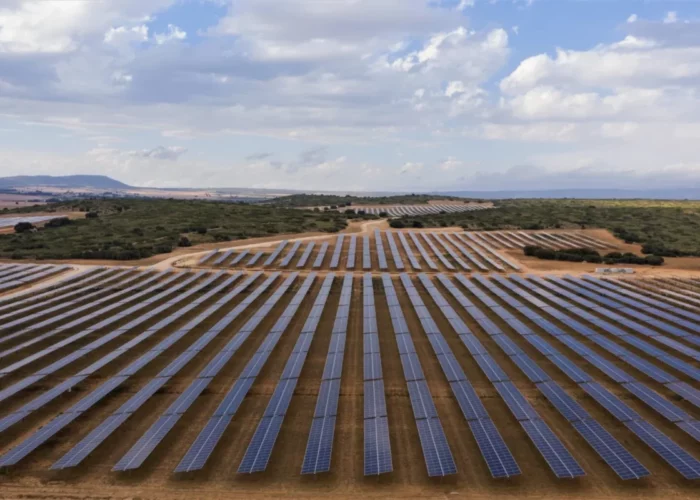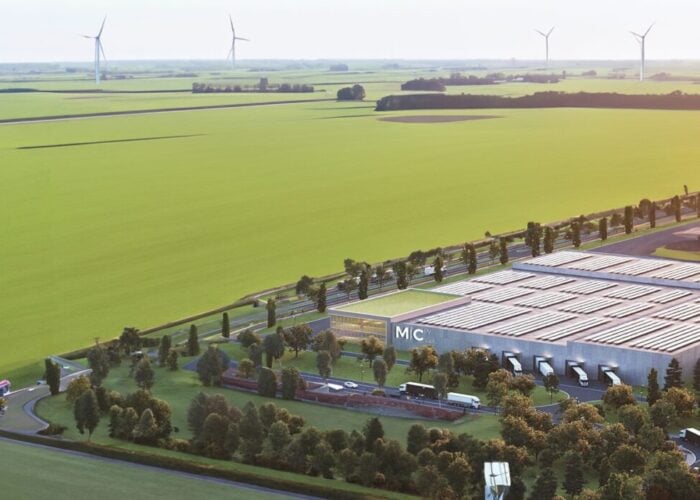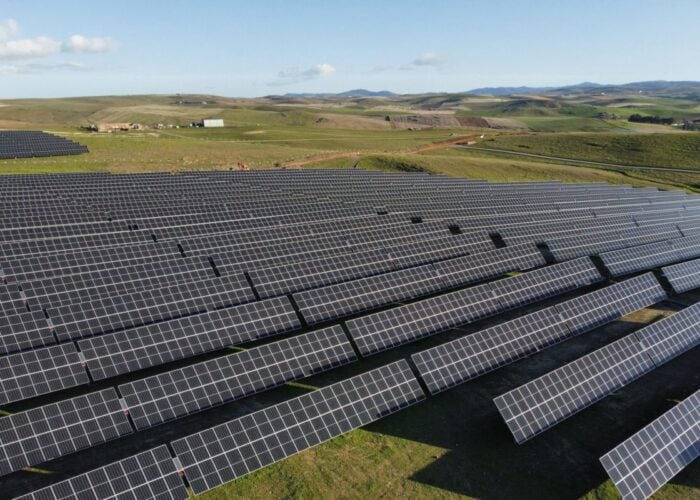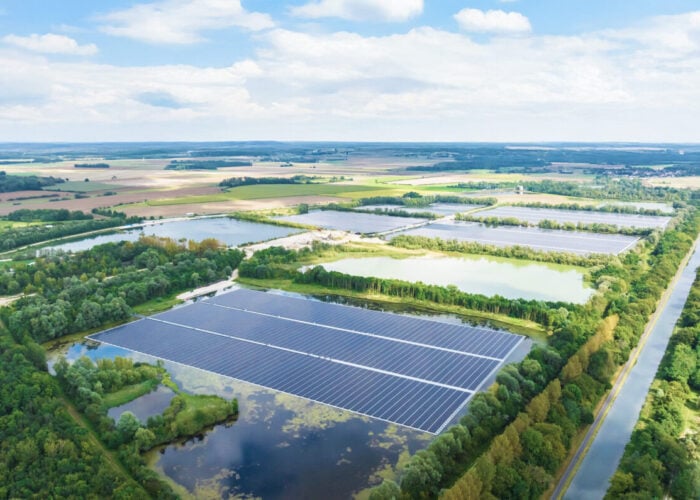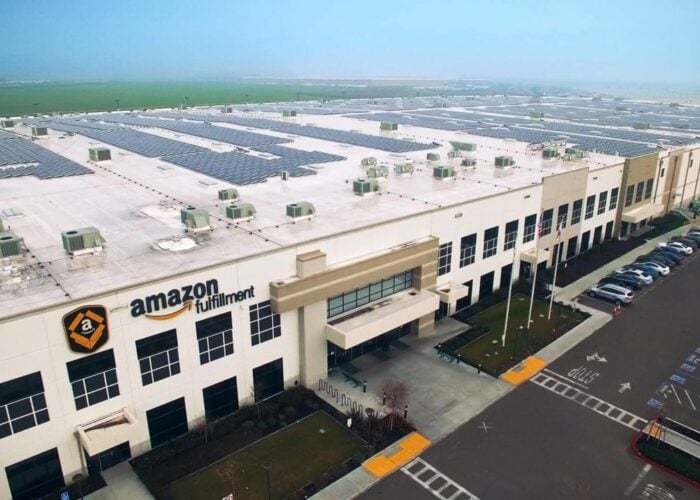
Spain’s Constitutional Court has published the full details of its judgement rejecting appeals against a decrease in feed-in tariffs for renewable energy sources, but the reasoning has been branded “short, superficial and alien to reality” by a legal representative.
The Spanish government announced the result of the judgement last week, but without any detail on the court's full judgement. However, this week’s publication shows that the Constitutional Court considers that the Royal Decree Law establishing a new payback of 7.5% for renewable energy sources, down from 10-12%, does not collide with the principles of legal certainty or protection of legitimate expectations, as had been claimed by opponents of the measures.
Unlock unlimited access for 12 whole months of distinctive global analysis
Photovoltaics International is now included.
- Regular insight and analysis of the industry’s biggest developments
- In-depth interviews with the industry’s leading figures
- Unlimited digital access to the PV Tech Power journal catalogue
- Unlimited digital access to the Photovoltaics International journal catalogue
- Access to more than 1,000 technical papers
- Discounts on Solar Media’s portfolio of events, in-person and virtual
Or continue reading this article for free
Daniel Pérez, attorney at Holtrop S.L.P, told PV Tech that this Royal Decree would now need to be put through the Court of Justice of the European Union. Meanwhile a major electricity reform law still is still to be put through both the constitutional and EU legal processes.
Pérez explained that Royal Decree laws are instruments that can only be used in extraordinary circumstances as they have legal force but do not require parliamentary approval. The appeal against the Royal Decree claimed that the tariff deficit under the FiTs was not an urgent situation, but the court rejected this.
Secondly, referring to legal certainty, the court said there is no “petrification of the legal norms” and therefore the government is able to change these laws at will, according to Pérez.
Thirdly, the court decided that renewable energy producers should have foreseen that there was a possibility of change in the law, and therefore rejected the appeal based on ‘legitimate expectation’. It said these expectations of possible changes should have come in a few months before the norm was applied in July 2013.
However Pérez claimed that this decision does not take into account the nature of renewables “especially PV”, where the majority of investment takes place at the very beginning of a project with investment recovered over a period of several years afterwards.
Pérez said: “If the tariff regime is changed after five years, the producer will not have recovered its investment and there will be no margin for the producer to change its activity.”
Therefore Pérez said producers should only have to foresee possible law changes “at the moment of investment” rather than a few months before a change in the norm.
Furthermore, Pérez said that three out of the 11 judges have signed a dissenting opinion against the court ruling, saying that the reasoning should be more elaborated, as the court faces a very delicate issue.
In related news, Spain’s Supreme Court has found an administrative appeal by the Association of Renewable Energy Producers (APPA) against new legislation on the self-consumption of PV to be legally admissible.
Pérez that this was a “positive step” for the appeal against Spain's so-called 'Sun Tax', but it is only a basic qualification for the APPA to participate in the legal process and no significant decision has been made.

